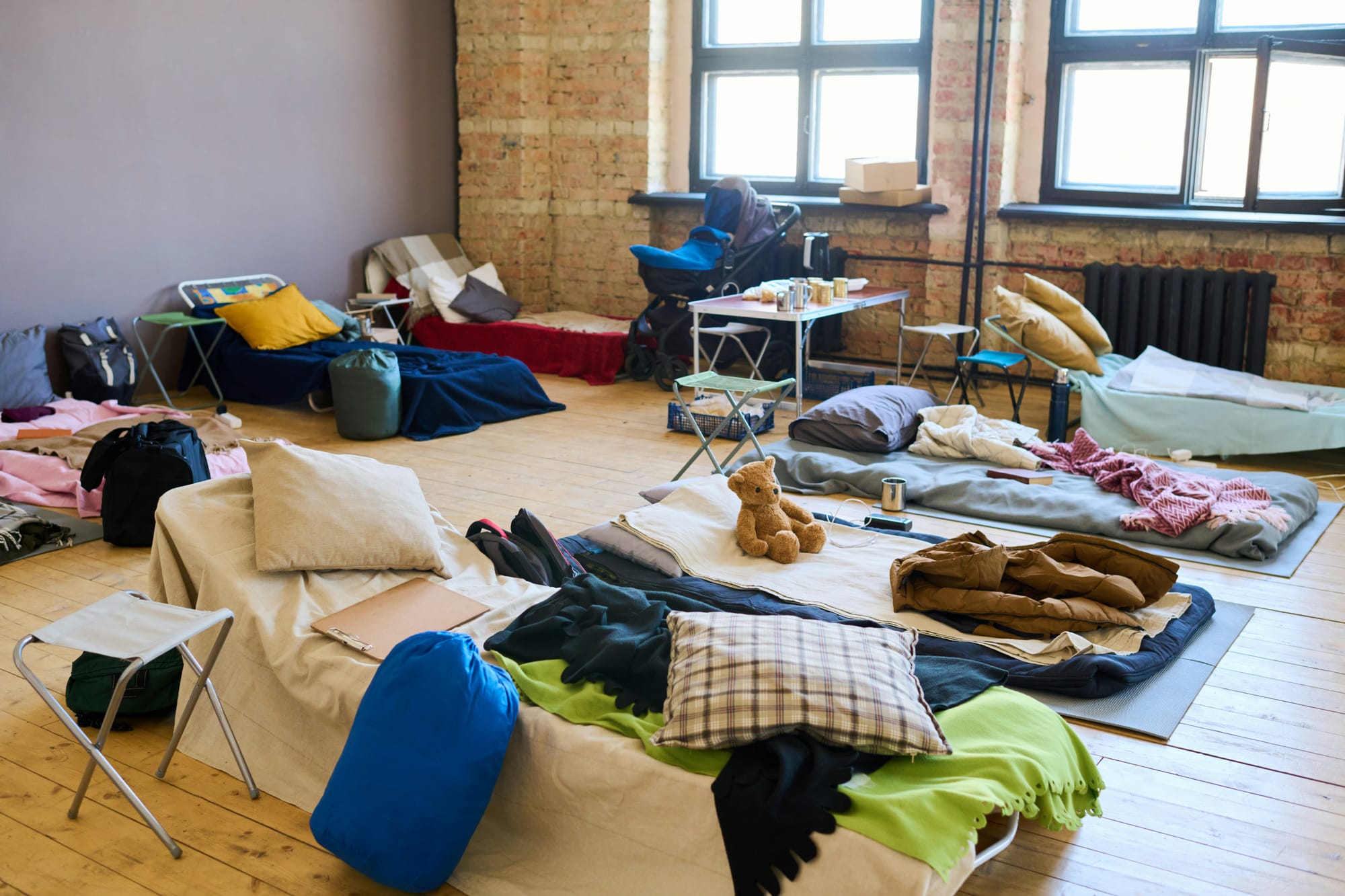Sharing a space? How to keep the peace

Going on vacation with your family? Sharing a space? The place we most often vacation with family is a one-room plus loft, one-bathroom cabin, into which we cram 6 or even 9 people—grandparents, adult children, and grandchildren. On sunny summer days, there’s plenty of room to spread out onto a deck, or into various activities. But in inclement weather, we literally can’t give each other space (there isn’t any!)—so we have to accommodate each other in other ways.
Even if our experience is a bit extreme by modern standards, some tips on how we work things out might help your family, like ours, remain close during and after sharing space.
Get your needs met
If there is something you need to remain a civilized human being—meditation, exercise, coffee, a time out—do it!
Attend to others’ needs
In cramped quarters, everyone needs to have a sense of how others are doing, and what might need to change (staying attuned is part of why sharing space can get stressful, but it needs to be done).
Manage noise
Earplugs: These work wonders against snoring, miscellaneous noise if you’re trying to read or fall asleep, or (if you have misophonia, like me) loud eating.
Separate snorers: For example, put sound sleepers closest to the snorer. For everyone else: See earplugs, above.
Earbuds or headphones: So that people who want to listen to music, play video games, practice their DuoLingo, etc., can keep it to themselves.
Indoor voices: An “indoor voice” rule does need to be reinforced. Rambunctiousness or yelling means it’s time to go outside.
What to do
Join in: Choose family games that all can play—adapting them to various age groups, or pairing younger or less experienced players with the more experienced.
Divide up: Some read, some cook, some play a game, some draw—but everyone is occupied. (This is the most common pattern when we are all together).
Keep it light: You probably won’t be able to concentrate, so if you’re in the mood to do something on your own, choose something light and fun to do or read.

Keep it tidy (more or less)
Stuff piles in along with the people. Things get lost, it can get hard to move around, and it’s stressful (at least for some of us) to see the clutter everywhere. So figure out where each person can keep their stuff. Get folks to clean up one thing before getting another out. And take turns keeping on top of the dishes. Pretty basic…but someone needs to set the trend.
On the other hand, nagging people about their stuff is worse than the stuff is, so find a balance!
Bedtime/rising time
In a small space, there has to be compromise on bedtime and rising time. Because of the kids, we typically head to bed quite early (8 or so). But many of the adults stay up reading by headlamp or on a device. Rising time is usually on the early side, around 6. Coffee (ground the night before in case someone does manage to sleep in) and food for the kids are immediate needs.
Quiet times
If one person must have quiet for a certain period, plan carefully around it. Naptime for the very small—and some of the older ones, too—is one example. For naptime, the onus is on the non-nappers to stay quiet or go elsewhere. Another common need is one person having a work commitment, like an online meeting, that they need to attend to. If the need is brief, the rest can plan a very quiet activity, or vacate the premises. But if there is more than a little of this adult-style need, the onus falls on the worker to find a way to absent him- or herself for their work day—either with heavy-duty headphones or by physically relocating.
Food
Our extended household includes omnivores, vegetarians, vegans, people who can’t eat gluten, and people who won’t eat anything that isn’t labeled organic. Tricky for meal prep! But with a little thought, we make breakfasts and dinners that accommodate everyone. (Lunch is up to individuals). Generally the default is vegan/gluten-free, to which the less restrictive can add items. For example, oatmeal, fruit, and nuts for breakfast, to which non-vegans can add yogurt. Other times, alternatives are needed, such as offering gluten-free pasta if we’re having spaghetti.
But it’s hard to think ahead for everyone. So, our other standby is that if someone can’t live without a certain food, they bring it. (This makes for a VERY stuffed fridge—not a bad problem.)
Talk it out
There are all kinds of ways people can get on each others’ nerves! And none of our routines guarantee smooth sailing. If things get rough, draw on sensitivity to each others’ needs (see above), converse gently about how to meet those needs, and adopt a spirit of compromise to ease the way.
Have fun!
Especially when something about being in a small space or with a group is driving you batty, it helps to take a deep breath and a moment to treasure being together. After all, time is short!